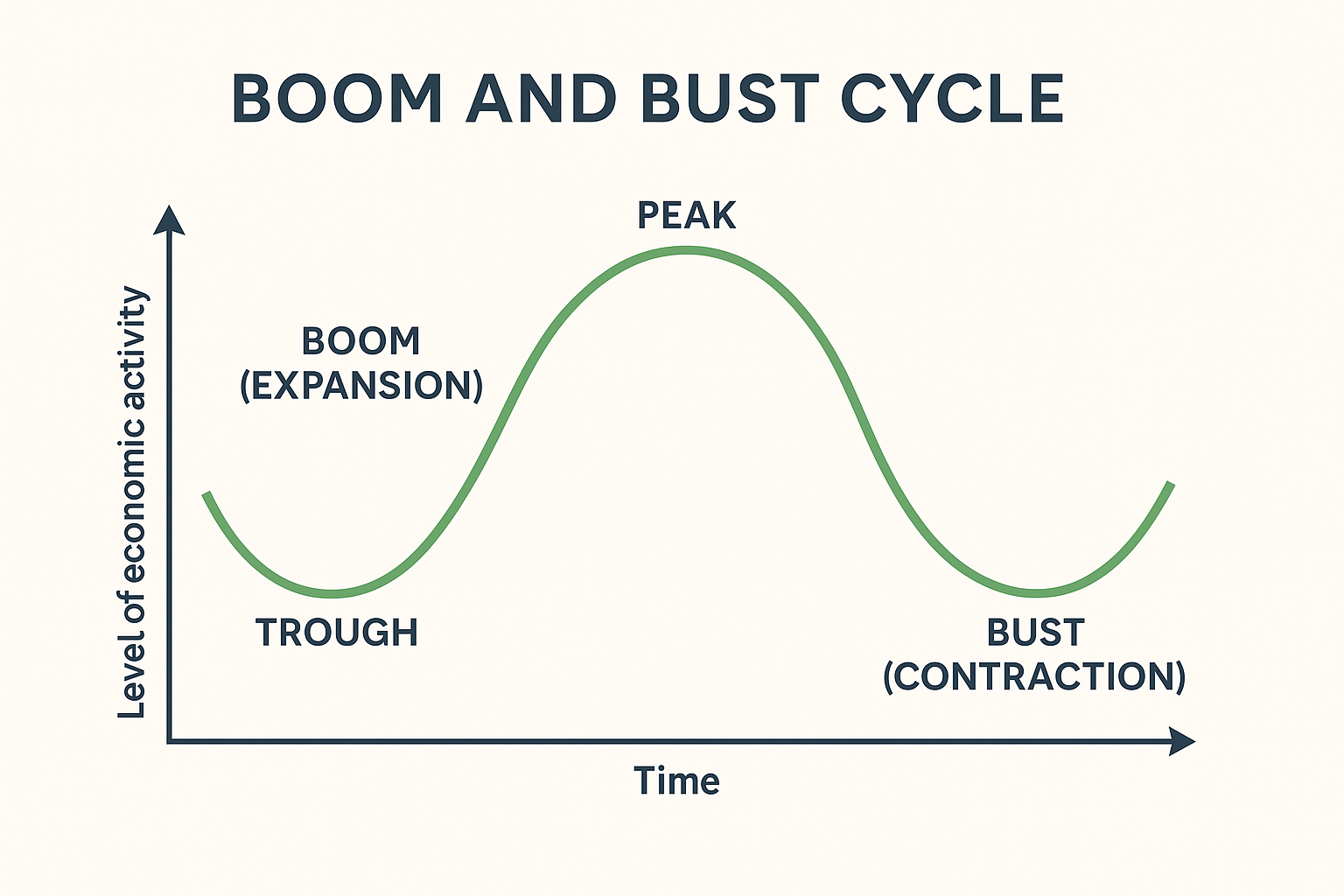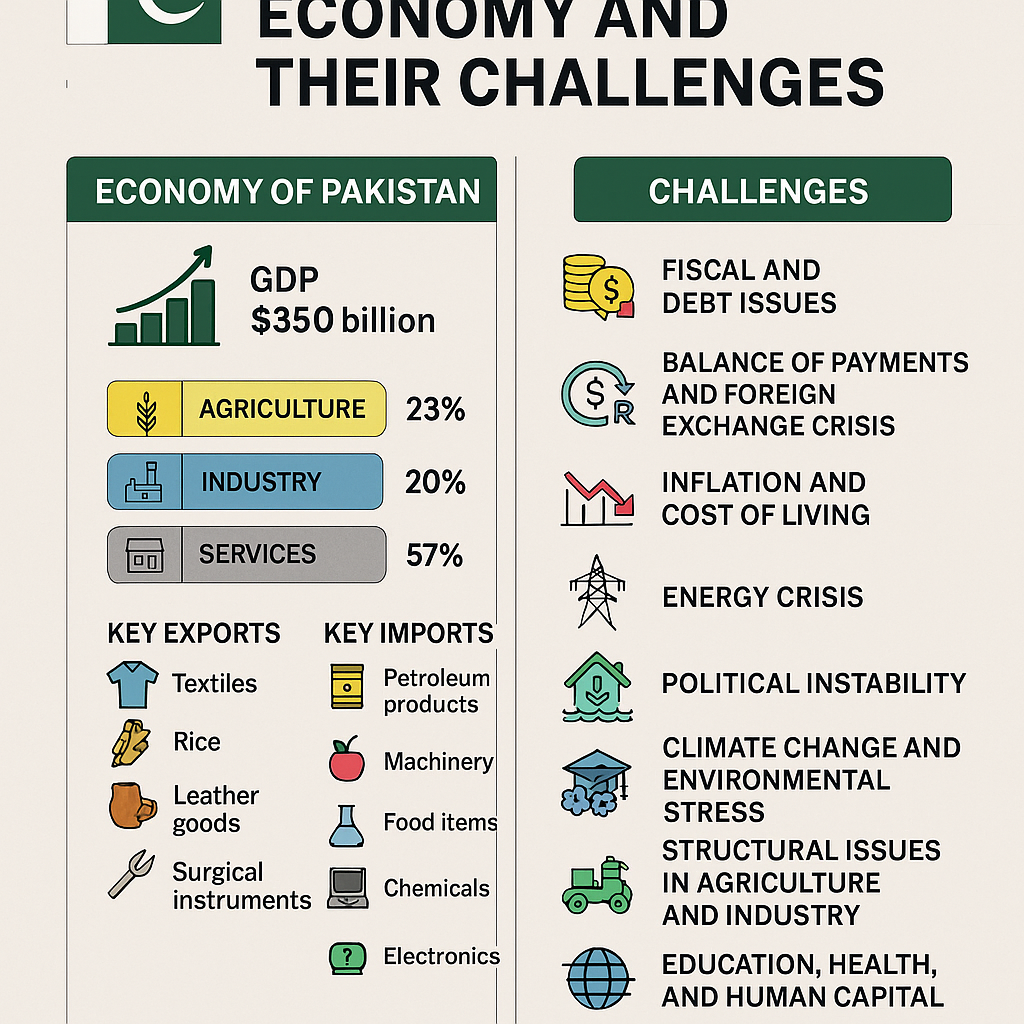When we talk about a country’s economy, the term central bank often pops up. But what exactly is a central bank, and why is it so important—especially in a country like Pakistan?
Let’s break it down.
What Is a Central Bank?
A central bank is the top financial authority in a country. It doesn’t serve regular customers like a commercial bank does—instead, it manages the economy’s overall money supply, interest rates, and financial stability.
Think of it as the guardian of a country’s currency and economy.
Pakistan’s Central Bank: The State Bank of Pakistan (SBP)
In Pakistan, the central bank is called the State Bank of Pakistan (SBP). It was established shortly after independence, on July 1, 1948, and today it operates under the State Bank of Pakistan Act, 1956.
SBP plays a crucial role in shaping Pakistan’s financial landscape.
Key Functions of the State Bank of Pakistan
Here’s what the SBP actually does:
1. Controls Inflation & Interest Rates (Monetary Policy)
SBP keeps inflation in check and influences borrowing costs by adjusting the policy interest rate. This affects everything from car loans to business investments.
2. Issues the Pakistani Rupee
Only SBP can print and issue Pakistan’s official currency. It ensures we have a stable and trusted currency in circulation.
3. Regulates Banks
SBP oversees all commercial banks in Pakistan. It sets rules to make sure banks stay safe, sound, and fair to customers.
4. Manages Foreign Exchange & Reserves
The central bank controls foreign currency reserves and helps manage the Pakistani Rupee’s exchange rate. It steps in when the rupee becomes too volatile.
5. Acts as the Government’s Banker
SBP manages the federal and provincial governments’ accounts, handles payments, and helps raise money through treasury bills and bonds.
6. Promotes Economic Development
SBP supports growth by promoting sectors like agriculture, SMEs, housing, and Islamic banking. It also pushes for financial inclusion, so more people can access banking services.
7. Maintains Financial Stability
The bank constantly monitors risks in the financial system. It ensures banks can handle economic shocks and that payments flow smoothly across the country.
8. Protects Consumers
Through guidelines and education programs, SBP ensures that people understand their rights when dealing with banks.
SBP’s Modern Initiatives
In recent years, SBP has launched several game-changing initiatives:
- Raast – Pakistan’s instant digital payment system
- Roshan Digital Account (RDA) – For overseas Pakistanis to invest and bank easily
- Fintech Regulation – Encouraging digital innovation in finance
Final Thoughts
The State Bank of Pakistan isn’t just a behind-the-scenes player—it’s the heartbeat of the economy. From controlling inflation to supporting innovation, SBP’s decisions affect businesses, investors, and everyday citizens alike.
Understanding how it works helps us make better financial choices and appreciate the mechanisms keeping Pakistan’s economy on track.


